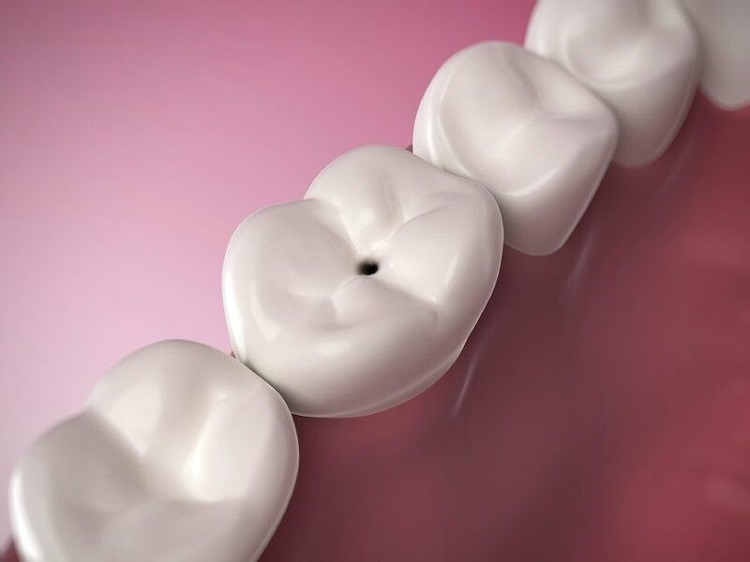When it comes to dental emergencies, dental cavities are one of the most common problems you may experience. The presence of cavities in the mouth is one of the most serious dental problems that must be treated before leading to other dental emergencies. According to a dedicated and trusted emergency dentist in North York, around 75 % of patients suffer from tooth decay and dental cavities these days. However, you can reduce the chance of emergency dental cavities by gaining adequate knowledge about their formation ways and how you can prevent them. As all emergency dentists recommend, there are many tips to observe and follow for a lifetime of healthy teeth. In this article, we explain dental cavities and how to avoid them.
Table of Contents
How Do Dental Cavities Form?
Dental cavities are also understood as tooth decay, but in fact they are areas of decayed teeth. Fortunately, emergency dentistry has many different procedures to quickly help patients with cavities restore their shiny, beautiful smiles. Your emergency dentists will recommend a suitable treatment according to your needs, preferences, the intensity of the situation, and many other factors.
Generally speaking, plaque is the main culprit of emergency tooth decay and cavities. As plaque can be bonded to your teeth and feeds on the sugar in your foods, it is vital to maintain proper oral hygiene and decrease sugary foods in your diet. Plaque contains damaging bacteria that release acid, leading to severe damage to your tooth enamel by losing the necessary amount of phosphate and calcium. This process can cause white spots on your tooth surface, which is the first sign of emergency dental cavities. If left untreated in the first stages, damaging bacteria can impact the dentin, resulting in severe painful tooth sensitivity and discomfort. Unfortunately, many patients overlook visiting an emergency dentist even when they suffer from severe tooth pain due to dental cavities, which is why they need to struggle with further dental emergencies like tooth abscess or gum disease later.
What Are the Most Recommended Treatments for Tooth Cavities?
If you detect any symptoms of cavities, it’s essential to contact your emergency dentist as soon as possible. Unlike what the internet may claim, emergency tooth decay and cavities can’t be treated without professional help.
- Restoration: if you have developed dental cavities, you may need restorative dental treatments. Your emergency dentist will remove all decayed parts of your tooth to replace them with suitable tooth restorations. If the decayed part is too significant and almost there isn’t any healthy area, you may be required to have crowns to cover your damaged tooth.
- Extraction: if your tooth is fully decayed and can’t be restored, you may need tooth removal. You can replace it with options like dental implants later.
- Root canal: one of the most common treatments for patients with the infected tooth is root canal therapy. It allows you to save the damaged tooth instead of removing it.
Don’t forget to maintain standard oral hygiene and follow your emergency dentist’s instructions to reduce the chance of dental cavities. Also, preventative procedures like fluoride treatment can significantly help you confront fewer dental emergencies in your life!
















Comments